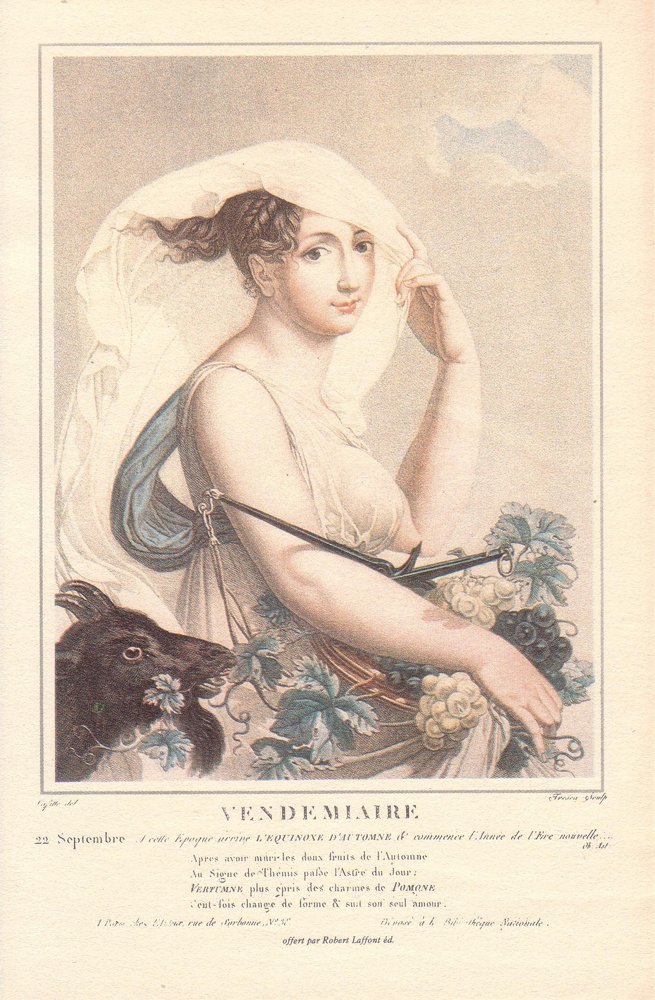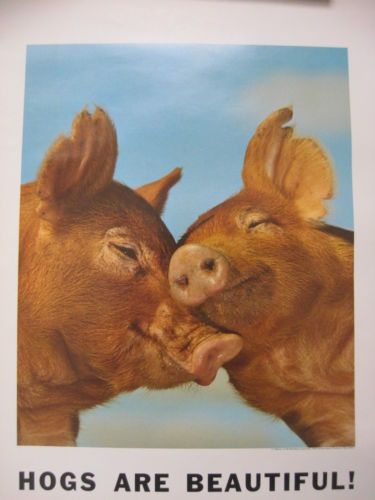This was an attempt to encourage Italians to eat more rice and decrease reliance on food imports by ![]() and wheat was imported while rice was more easily grown in Italy, and no they did not think of making rice noodles to replace pasta
and wheat was imported while rice was more easily grown in Italy, and no they did not think of making rice noodles to replace pasta
The rice that can grow in Italy is not the kind you can use to make rice noodles though. And there's much more to the story of why rice was the preferred fascist crop.
While the agricultural autarchy angle is a big part of it, there's a healthy dose of Italian regionalism and chauvinism. Ever since the "unification" of Italy (which was more a violent conquest by the northern kingdom of Sardinia and Piedmont of the rest of the peninsula, especially of the south), there has always been a negative perception of the more ethnically and culturally diverse southern Italians, who were often said to be lazy, backward, duplicitous, uncivilized, and overall 'not white enough' for the standards of the northern Italians; y'all let me know where you've heard similar before.
The north has since then used the south as its own local periphery, extracting labor for the Northern-owned factories and resources -mostly agricultural- while constantly deriding them as 'not truly Italian'. This unequal relationship was the reason so many southern Italians migrated away at the end of the 19th century.
When fascism was building its ideological foundations, Fascists, starting with the Italian futurists, and going all the way to Mussolini and Co. positioned themselves in opposition to anything southern, which they viewed as backward, unindustrious, poor, and in need of civilization. Dry pasta is very much a southern thing, a food that was born out of the plentiful harvests and relatively mild weather of the area, and very tied to local southern identity and culture. For the futurists eating pasta dulled the senses, sapped you of energy, and killed creativity, so there was a number of articles and books denouncing pasta and its consumption, and even a cookbook with futurist substitutions for pasta and other southern dishes or ingredients, like tomatoes and chilies.
Meanwhile, rice is very closely associated with the northern, richer, and more industrialized parts of Italy, specially the Po Valley; this area is where rice-based dishes like risotto or timballo come from. The North was where most of the Fascists' power base was: industrialists, petite bourgeois, large landowners and urban cultural and political elites, the ones who stood the most to gain from fascist rule. So, to Marinetti, leader of the futurists and enthusiastic fascist, and most people like him, the only way to pull the South out of the misery in which it was, which was actually being inflicted by the North, was to make it be like the North. This meant erasing and suppressing local dialects and culture, forcefully industrializing it, and, most relevant to this post, changing the crops people grew, and what they ate.
In response, pasta became a symbol of antifascist resistance, with partisans embracing it, and when Mussolini was arrested and deposed, partisans briefly came back home and entire towns got together to cook big batches of dry pasta with butter and cheese to celebrate. The tradition is still a thing among Italian leftists and antifascists: every year local leftists will get together and cook/eat a pastasciutta antifascista, in celebration of the removal of fascism from power. Here's a good writeup on it.
Sorry for the super long post, but this post just happens to fall right under my special interests/scholarship, so there.
Absolutely fascinating, thank you.
I remember learning about Italian futurists in college, but that was in the context of early experimental music (they were doin some wild shit with simple machines). I wish I knew then what I know now about their relationship to fascism; it would've made for an interesting discussion in that class.
They did some crazy shit when it comes to art, architecture, and even gastronomy. I can respect the iconoclastic and relentlessly hopeful view of the future as something to be shaped according to humanity's desires by breaking with every possible tradition, social more, and political structure; even if I don't share that view. But of course, fascism had very similar ideas, and came from more or less the same intellectual primordial soup, so it's not too strange to understand why they rose to prominence together.
And hell, it's not the only time vanguardist, crazy artists happened to benefit from fascist control and to be aligned with the fash. Look at Dalí and Franco, for instance.
"Move fast and break things" leads to "Progress is our birthright", which leads to "What undesirable people in our society are holding us back from our birthright?" (i.e. quintessential fascist thought).
The repeated failures (still ongoing) of Futurism highlight the need for a different method of conceptualizing 'progress'.
I sort of agree, but at the same time the USSR and many communist projects in the early 20th century had a very similar perspective, to break the past so thoroughly that the future could be built in the name of progress. Even Gramsci, the most leftist Italian* to ever
 had a very similar view. So, iconoclasm and disregard for the sacred cows of society doesn't always lead to "purge all undesirables".
had a very similar view. So, iconoclasm and disregard for the sacred cows of society doesn't always lead to "purge all undesirables".It's all Hegel's fault for making such a good argument for the concept of historical progress as something that could and had to be driven forward.
* (he was actually Sardinian, and back then that mattered a lot)
Agreed. I think that's what I meant by the "methodology" of futurism. The idea of breaking the past isn't the issue. It's the means and systems used to do so that matters, and therefore the ideology of the futurists in question.
DO NOT give
 the big past-breaking hammer.
the big past-breaking hammer.
In response, pasta became a symbol of antifascist resistance
Pastasans
This sounds like the armed forces of a revolutionary pastafarian guerrilla, which would be some fucked vibes.
Funnily enough, most lasagna was traditionally made with fresh egg pasta sheets, which is the way it's made in the North. There is Southern lasagna made with non-egg pasta, but it's not the most well known variant. So Garfield's antifascist bona fides are kind of shaky.
I love the random ass history lectures I stumble on in hexbear dot net's comment section!
Bit joke: Italian rice is fascist, italian pasta is communist.
Need a
 but with a cereal preference
but with a cereal preferenceWhen fascism was building its ideological foundations, Fascists, starting with the Italian futurists, and going all the way to Mussolini and Co. positioned themselves in opposition to anything southern, which they viewed as backward, unindustrious, poor, and in need of civilization. Dry pasta is very much a southern thing, a food that was born out of the plentiful harvests and relatively mild weather of the area, and very tied to local southern identity and culture. For the futurists eating pasta dulled the senses, sapped you of energy, and killed creativity, so there was a number of articles and books denouncing pasta and its consumption, and even a cookbook with futurist substitutions for pasta and other southern dishes or ingredients, like tomatoes and chilies.
Fascists are just really a giant group of petty losers larping as petty losers
That is a lot more informative than what I posted, thank you

Italian futurist cooking is fucking whack. "Single plum in a bowler hat full of perfume" shit. Fascists can't even be creative properly even if they manage to quit jacking off to their own reflection and move past the RETVRN shit.
Worst wheat product >>>>>>>>>>>>>>>>>>>>>>best rice products. Fascists can cope and seethe
 ·5 days ago
·5 days agoRelevant fact: There were no sentence above 10 years in the USSR (at least in the 30s when Russian Justice was written)
Tankies are seething when I said fascists can cope and seethe. It's almost like horseshoe theory is correct once again /s
Thesis: wheat
Antithesis: rice
Synthesis: an empanada filled with rice.














